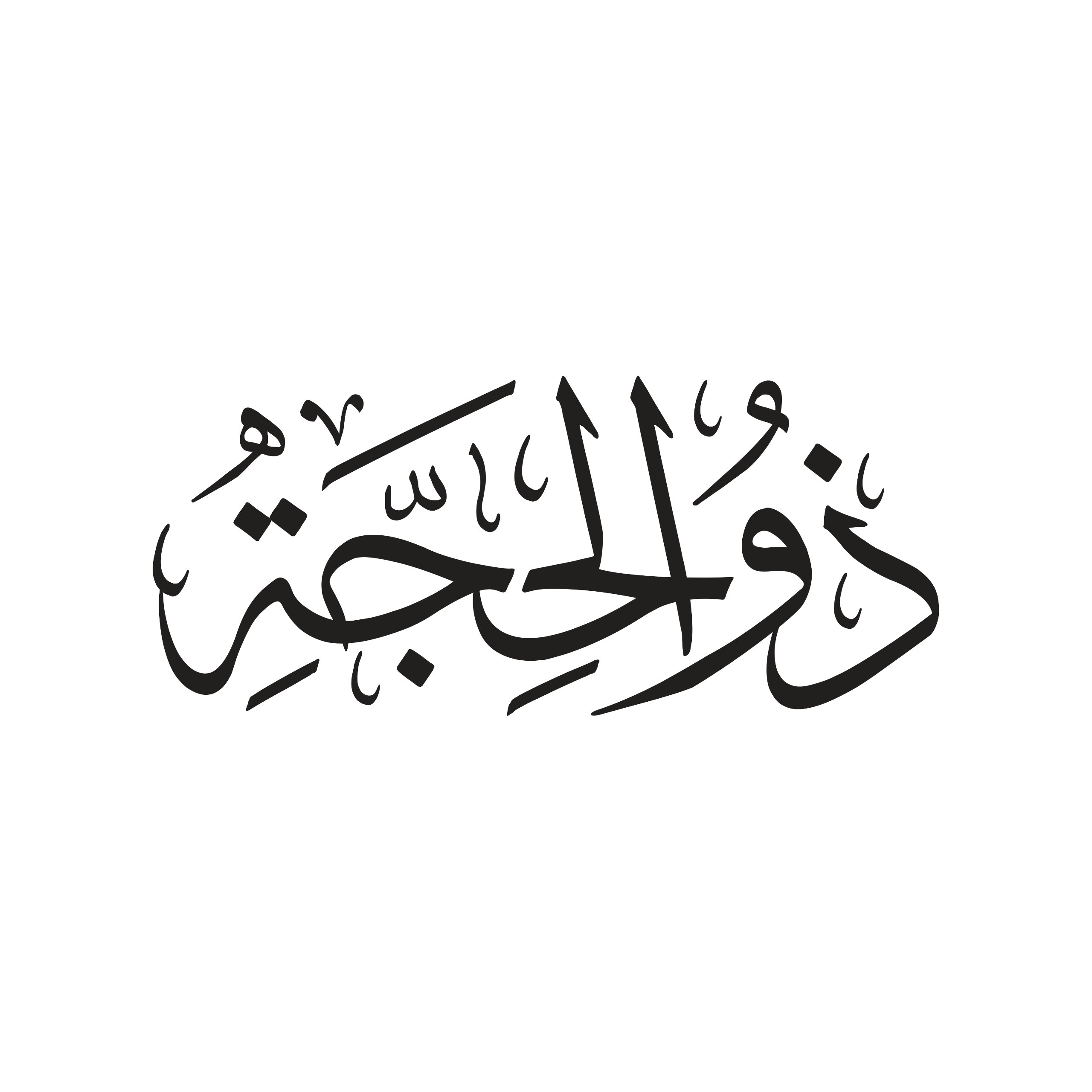Dhul-Hijjah, the twelfth month of the Islamic calendar, holds special significance in the hearts of Muslims. These ten days are known for the pilgrimage of Hajj and many other virtuous acts. In this article, we will explore how to maximize the blessings of the first ten days of Dhul-Hijjah and draw closer to Allah.
Spiritual Significance
The Prophet Muhammad ﷺ said,
“There are no days in which righteous deeds are more beloved to Allah than these ten days” (Bukhari).
The first ten days of Dhul-Hijjah include the Day of Arafah, which is followed by Eid al-Adha, also known as the Festival of Sacrifice.
Engaging in Dhikr
During these ten days, it is recommended to increase the remembrance of Allah through Takbir (saying Allahu Akbar), Tahmid (saying Alhamdulillah), and Tasbih (saying Subhanallah). Allah mentions in the Quran:
“That they might witness benefits for themselves and mention the name of Allah…” (Quran 22:28).
Dhikr can be performed at any time and any place, so take advantage of moments throughout your day.
Fasting and Seeking Forgiveness
Fasting, especially on the Day of Arafah (9th of Dhul-Hijjah), is highly encouraged. The Prophet ﷺ stated:
“Fasting on the Day of Arafah expiates the sins of the past year and the coming year” (Muslim).
Additionally, seeking Allah’s forgiveness during these days is critical. Engage in repentance and resolve to abstain from repeating sins.
Charity and Good Deeds
These blessed days are an ideal time for charity. Moreover, engage in other good deeds such as helping others, fulfilling family ties, and doing community service.
Udhiyah (Sacrifice)
One of the significant acts of worship during these days is Udhiyah or Qurbani, which is the sacrifice of an animal (sheep, goat, cow or camel). This tradition traces back to Prophet Ibrahim’s (peace be upon him) willingness to sacrifice his son as an act of obedience to Allah. Allah mentions:
“Say, ‘Indeed, my prayer, my rites of sacrifice, my living and my dying are for Allah, Lord of the worlds’” (Quran 6:162).
Eid al-Adha
Eid al-Adha is celebrated on the 10th of Dhul-Hijjah. It’s a day of joy, gratitude, and reflection. Attend the Eid prayer, recite Takbeer, exchange gifts, and spend time with family and community.
Reflection on Sacrifice and Submission
Lastly, it is vital to reflect on the story of Prophet Ibrahim’s sacrifice and his submission to Allah. It teaches us the importance of sincerity, submission, and reliance on Allah.
In conclusion, the first ten days of Dhul-Hijjah are an incredible opportunity for earning the pleasure of Allah. Engage in Dhikr, fast, give charity, perform Udhiyah, and celebrate Eid al-Adha with a heart full of gratitude. May Allah accept all our good deeds. Ameen.
